Eating peaches in summer is good. Can diabetics eat them? Reminder: Eat less or three kinds of fruits.
It is also the season when a large number of peaches are listed, peaches are not only attractive in color, but also have a seductive peach fragrance, known as "fairy peach" and other reputations, because of its delicious flesh, rich in a variety of vitamins, minerals and fruit acids, its iron content is also in the crown of fruits, also known as "the world's first fruit".
Peach is a rose family of peaches, is a huge family, many varieties, such as soft and juicy peaches, soft and moderate yellow peaches, smooth and hairless nectarines, small flat round peaches, etc., some of them have a sweet and soft taste, some are crisp and refreshing, some are attractive in color, making people salivate and addictive.
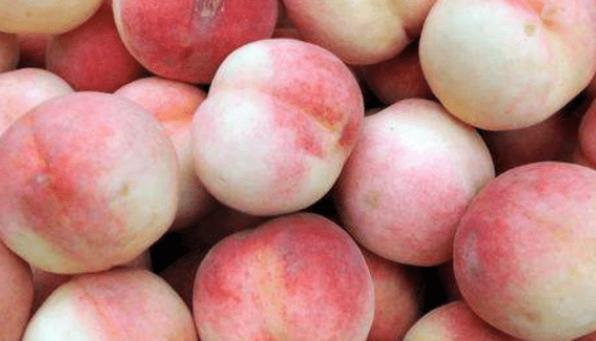
From a nutritional point of view, peaches are rich in water, organic acids and sugars, protein, vitamins and minerals content is not high, it is worth mentioning that peaches are rich in dietary fiber, that is, pectin, is one of its major advantages, a medium-sized peach calories of about 100 ~ 150 kcal, almost half a bowl of rice, eat one, there is a strong sense of fullness.
What are the benefits of eating peaches for the body?
Peach meat not only has high nutritional value, but also has extremely high medicinal value. The medicine of the motherland believes that the fresh peach is sweet and flat, and has the effect of tonifying the qi, nourishing the yin and rejuvenating the body, and moisturizing the intestines and laxatives.
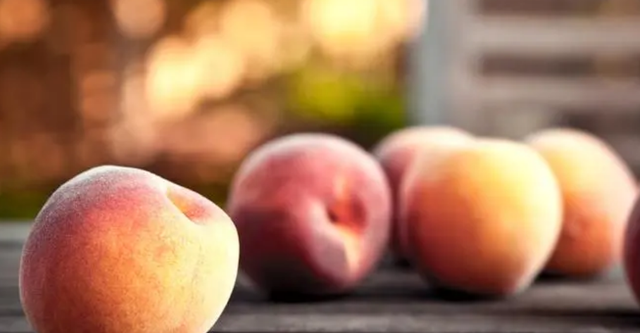
Modern research shows that peaches are rich in nutrients, containing protein, fat, carbohydrates, crude fiber, ash, malic acid, citric acid, calcium, phosphorus, iron, carotene, vitamin C and other nutrients. In general, eating peaches in moderation will have the following benefits for the body:
(1) Peach has the effect of helping to reduce blood sugar and blood lipids, anti-free radicals, remove dark spots, delay aging, and improve the body's immunity, which is very suitable for people of all ages to eat, and regular consumption can strengthen the body and be healthy.
(2) Peaches contain a large amount of dietary fiber, which helps to promote gastrointestinal peristalsis, clean up intestinal waste, and help to secrete bile, and can also eliminate accumulation and moisturize the intestines and enhance appetite.
(3) The potassium content of peaches is relatively high, and the sodium content is relatively low. Therefore, it is very suitable for patients with edema.
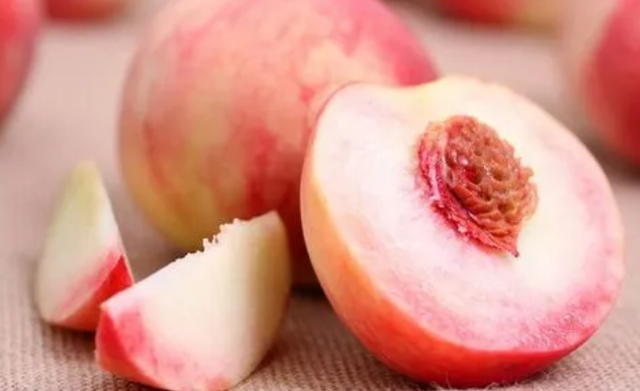
(4) Peaches are rich in iron, which is very suitable for women to eat, and can help prevent anemia caused by physiological blood loss and unreasonable dietary structure.
(5) Peach has the reputation of "the fruit of the lungs", which can quench thirst, quench the heat, moisten the lungs and clear the heat in the summer, especially suitable for lung disease patients.
(6) Peaches contain high sugar content, which can improve skin elasticity, make the skin rosy, and have a certain beauty effect.
Can diabetics eat it?
Diabetics can eat peaches, and its glycemic index is indeed not high, even in the general low glycemic fruit, it is considered to be a "low and low" type. Although peaches feel sweet to eat, the sugar content of each 100g of peach edible pulp is only 5.2g.
In addition, the pulp of peaches is rich in protein, fat, sugar, calcium, phosphorus, iron and vitamin B, vitamin C, carotene, organic acids (mainly malic acid and citric acid) and a large amount of water, which can supplement the body's nutritional needs.
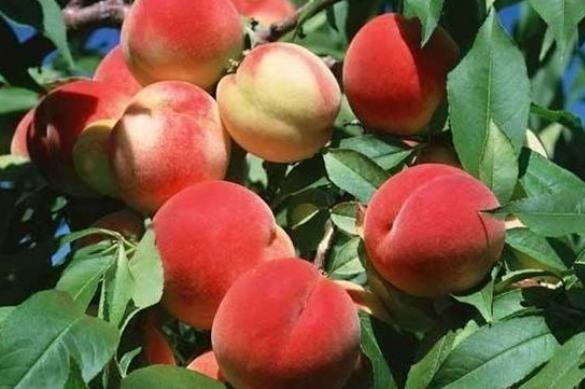
In addition, peaches contain more potassium and less sodium, so they are suitable for diabetics, edema patients and iron deficiency anemia patients.
In addition, diabetics eat peaches, while supplementing the nutrition needed by the human body, it is also beneficial to the healing of diabetic wounds, and can also replenish water and eliminate fatigue.
Reminder: There are 4 kinds of fruits to eat less
- American Titan
In fact, for ordinary people, the nutritional value is very rich, you can eat a little more, but for diabetics, it is resolute not to eat, because the sugar content of the grape is high, the calories of ten are equivalent to the calories of two or two rice, so diabetics must not eat.
- PineApple, mango
PineApple and mango are common tropical fruits, but their sugar content is very high, although they are rich in vitamins, but it is still not recommended for diabetics.
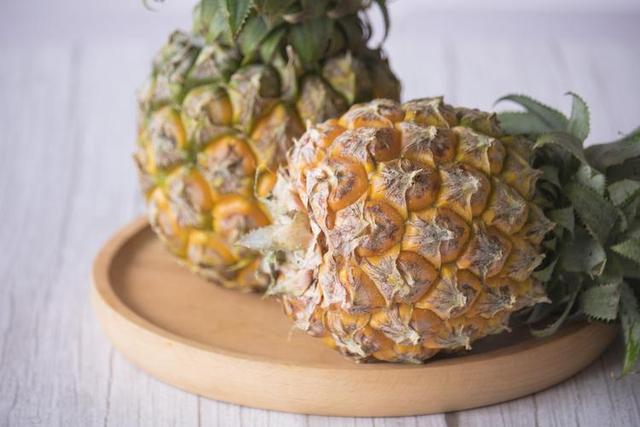
However, they are more likely to cause allergies, so people with allergies should eat with caution. PineApple and mango are eaten after soaking in salt water, which does not reduce the chance of allergies, but only improves the taste.
- Dragon fruit (Pitaya)
Rich in vitamin b1, b2, b3 and vitamin C, carotene, anthocyanins, and contain calcium, phosphorus, iron and other trace elements and water-soluble dietary fiber, can prevent constipation, help with laxatives, but also as a "weight loss fruit". However, due to the easy absorption of natural glucose contained, diabetics should not eat more than one meal. People with gastrointestinal disorders and easy diarrhea should also eat less.
- Durian
Protein and fat content are not high. The raw sugar index is about 42, which is not very high, but of the ingredients contained, 2/3 are sugars.
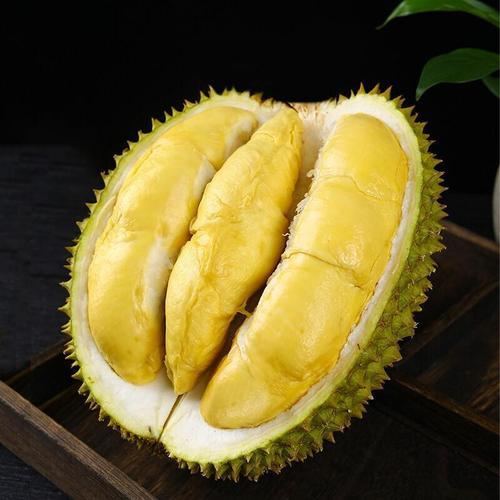
For people with high blood sugar, high blood pressure or hypotension, poor heart function, and gastrointestinal ulcers, it is still necessary to be cautious when eating durian, and it is best to reduce the amount of food and then eat durian, so as not to exceed the calorie intake and aggravate the original disease.
Three little tricks to eat peaches
- Time to eat peaches: between meals, when hungry, after physical activity.
2, the amount of peaches: if you try a new variety of peaches, eat a small amount first, it is best not to exceed 150 grams.
3, learn self-monitoring: monitor blood sugar before eating, monitor blood sugar 1 hour after eating, and the difference between blood glucose before and after eating peaches does not exceed 2mmol/L, indicating that this variety of peaches, you can eat the current amount. Otherwise, you need to reduce the amount of food you eat.
What can't peaches eat with?
- Peaches cannot be eaten with liquor. Peaches should not be used as appetizers, because both are hot and dry foods, and eating them will cause nosebleeds. In severe cases, it can cause people to fall into a coma and even lead to death.
2, peaches can not be eaten with plums, eating will blood in the stool.
3, peaches should not be eaten with persimmons.
- Peaches cannot be eaten with seafood, such as crabs or shrimp.
5, peaches should not be eaten with turtle meat, turtle meat, dog meat, beef and other hot supplemental foods, eating it is easy to induce old diseases or inflammation.
- Peaches should not be eaten with radishes and citrus.
7, peaches can not be eaten with turtles, eating on the one hand will reduce the nutritional value of the two, on the other hand, there will be a phenomenon of fire and inflammation.
Extension - how to prevent peach allergies?
1, when washing peaches, it is best to wear gloves, especially gum gloves, which can effectively avoid contact between skin and peach hair and prevent allergies;
2, when washing peaches, you can use coarse salt to rub the surface of the peaches, and then rinse with water, this method can effectively remove peach hair;
3, in the washing peach water to add fruit and vegetable detergent, so that you can also remove the peach hair, and more clean;
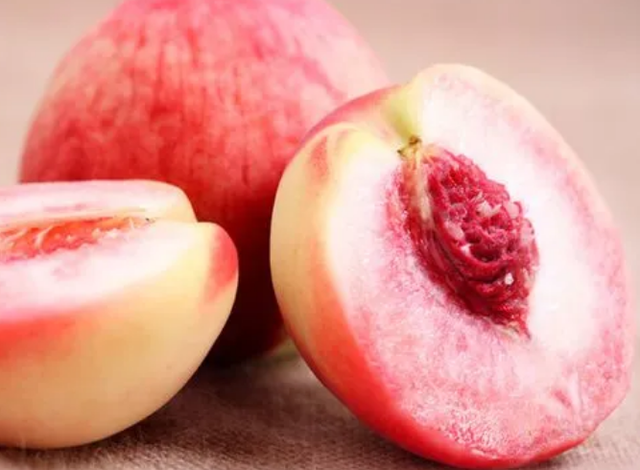
4, you can also add the alkali to the washing peach water, and then soak the peach for five minutes, and finally rinse it with water;
- If the body has allergies, be sure to seek medical treatment as soon as possible, and then take appropriate drugs, so as to avoid aggravation of the disease and affect health.


Dejar un comentario: